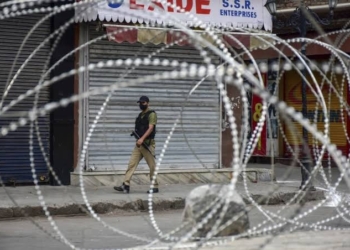The Centre for Development of Telematics (C-DOT), in collaboration with Sterlite Technologies Ltd. (STL), has successfully conducted India’s first-ever Quantum Key Distribution (QKD) transmission over a 4-core Multi-Core Fibre (MCF).
This milestone signifies a crucial step towards quantum-secured communication, ensuring robust cybersecurity solutions for critical digital infrastructure.
Traditional QKD requires dedicated dark fibre for quantum channels, increasing costs and logistical complexity. The latest breakthrough with MCF enables separate cores within a single fibre to simultaneously carry quantum and classical data traffic without compromising quantum integrity. This allows high-speed data transmission alongside ultra-secure quantum encryption, drastically reducing fibre costs.
The successful establishment of QKD over 100 km underscores the stability and viability of quantum communication, even amidst classical data traffic. This achievement reinforces India’s leadership in pioneering next-gen optical networks and quantum-secured systems.
C-DOT, India’s premier telecom R&D centre, has actively developed and deployed industry-grade QKD systems, which have been approved by the Telecommunication Engineering Centre (TEC). STL, a global leader in optical fibre technology, has spearheaded the development of Multi-Core Fibre, enabling space division multiplexing to enhance transmission efficiency.
Leadership Reactions:
- Dr. Rajkumar Upadhyay, CEO of C-DOT, called this a “key milestone for India’s telecom ecosystem,” emphasizing the feasibility of integrated quantum-classical networks over next-gen fibre infrastructure.
- Rahul Puri, CEO of STL’s Optical Networking Business, highlighted the significance of indigenous optical innovations in advancing India’s quantum communication ambitions.
As India pushes forward with digital sovereignty, this milestone sets the foundation for a secure, resilient, and cost-effective quantum communication network for the future.


























